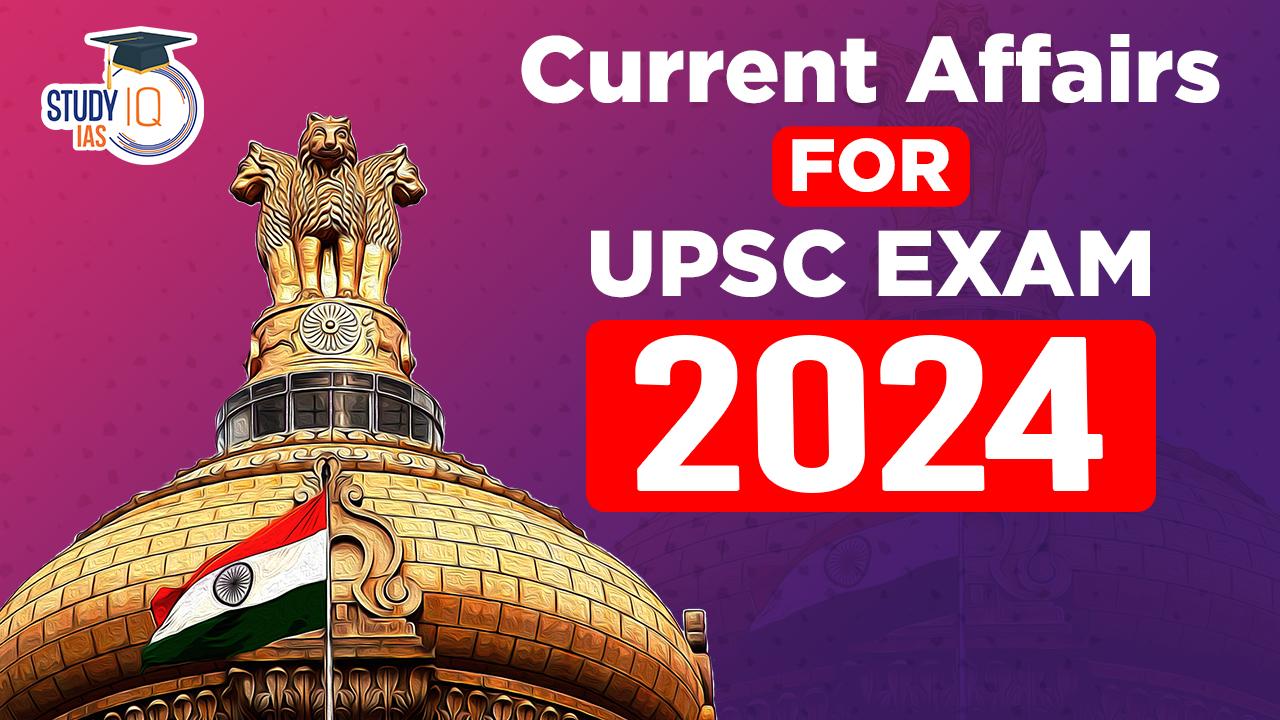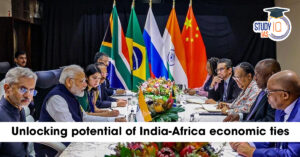Table of Contents
Co-districts in Assam
Context: As a new administrative set-up, the Assam government launched 21 co-districts in the state.
About Co-districts
- They will serve as smaller administrative units below the districts led by an officer of the rank of Assistant District Commissioner.
- Aim:
- To bring governance closer to citizens’ homes.
- Streamlining processes and improving accessibility to essential services.
- The functions of the officers include land revenue matters, development and welfare work, excise and disaster management work.
- The officers of co-districts have administrative control over all departments within the area and have magisterial powers such as the issue of permissions for events.
- These officers will conduct routine administrative tasks such as the issue of ration cards, caste certificates, and sale permission of land.
WHO listed the first Mpox in vitro diagnostic under EUL
Context: In an important move to improve global access to Mpox testing, the World Health Organization (WHO) has listed the first Mpox in vitro diagnostic under its Emergency Use Listing procedure.
About the MPXV test
- It is a real-time PCR (polymerase chain reaction) test that enables the detection of monkeypox virus DNA from human skin lesion swabs.
- It is specifically designed for use by trained clinical laboratory personnel who are proficient in PCR techniques and IVD (in vitro diagnosis) procedures.
- By detecting DNA from samples, laboratory and health workers can confirm suspected mpox cases efficiently and effectively.
What is an Emergency Use listing?
- It is the procedure to streamline the process by which new or unlicensed products can be used during public health emergencies.
- Aim: To expedite the availability of testing mechanisms for people affected by a public health emergency.
- WHO established its Emergency Use Listing (EUL) process to assist poorer countries, which lack their own regulatory resources, in quickly approving medicines during outbreaks of new diseases like COVID-19, thereby preventing potential delays.
| M-Pox |
|
India USA Generalised System of Preference and Social Security Agreement
Context: The Union commerce and Industry minister had discussions with his US counterpart on two important trade issues between both countries.
Key facts about Generalised System of Preference (GSP)
- It was instituted in 1971 under the aegis of the UNCTAD.
- It is a voluntary trade measure implemented by developed countries that provides an advantageous or “preferential”, tariff treatment to imports from developing countries.
- The preferences are in the form of either elimination or reduction in customs duty when the list of eligible products from the beneficiary developing country (BDC) is exported to the developed country.
- However, an exporter under the GSP is required to fulfil the rules of origin under the GSP scheme.
- The rules of origin are the criteria required to ensure that the product exported originates from the country of export and is not being diverted from another country.
- USA revoked the GSP status of India in 2019.
- Prior to the US GSP withdrawal, around 10% of India’s total exports to the US were under the GSP.
About Social Security Agreement
- It is a proposed arrangement between the United States and India.
- Aim: to address issues related to social security contributions made by expatriates (a person who lives outside his/her own country) in the host country.
- Under this agreement, an expatriate would not be required to contribute to the social security scheme of the host country.
- This can lead to significant financial savings and reduce the double burden of social security contributions in both the home and host countries.
- This agreement is particularly significant for Indian IT professionals temporarily working in the U.S.
- Currently, these professionals contribute to the U.S. social security system but are often unable to receive any benefits from these contributions. The agreement would alleviate this issue.


 Unlocking the Potential of India–Afric...
Unlocking the Potential of India–Afric...
 Speedy Justice and the Crisis in Consume...
Speedy Justice and the Crisis in Consume...
 Kavachi Volcano: Location, Features, Eru...
Kavachi Volcano: Location, Features, Eru...

























